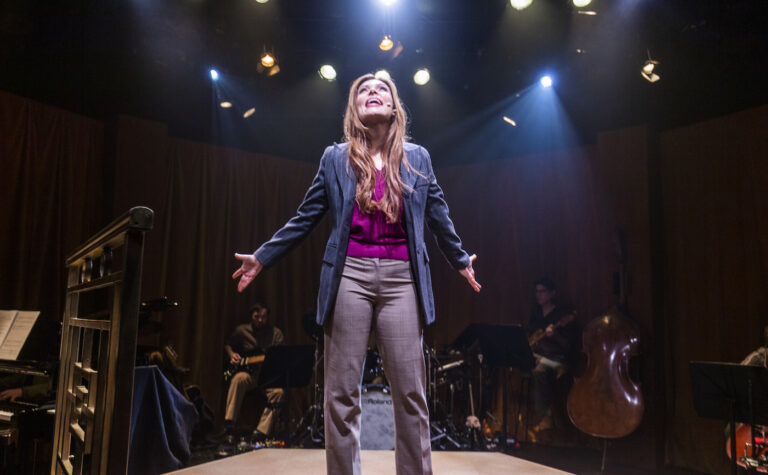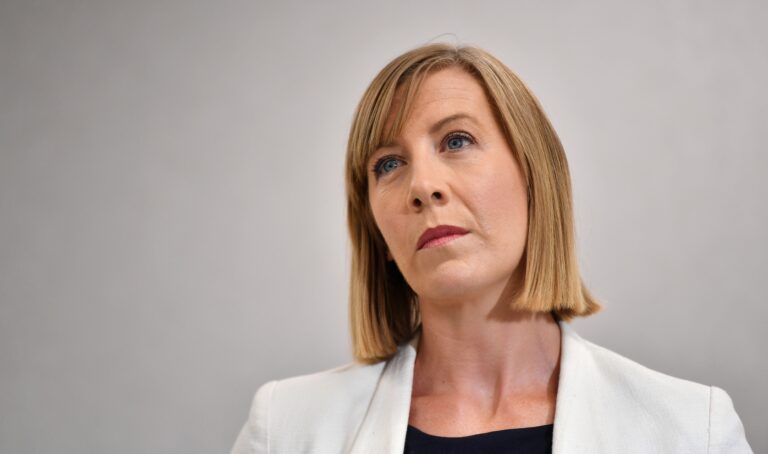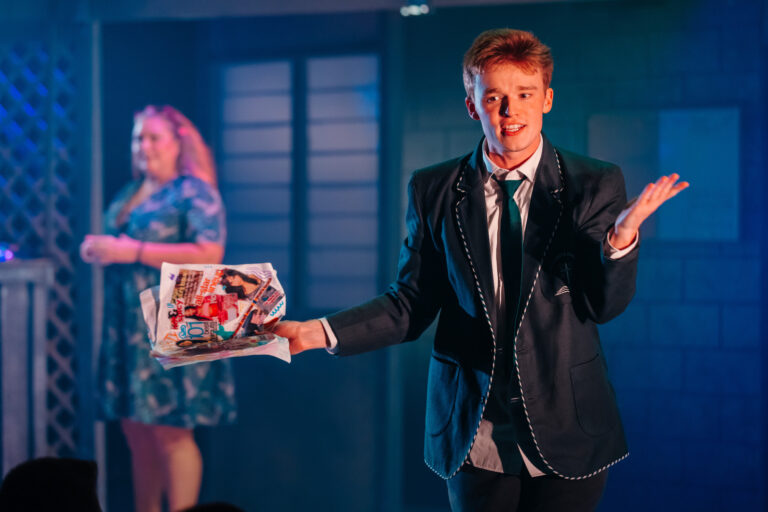
From Vivid to TEDX to Town Hall

BY KRISTEN TSIAMIS
Jess Scully is best known for her role as director at Sydney’s Vivid Festival and is curator for the famed TEDX Sydney. Ms Scully is also one of the candidates throwing her hat in the ring for the upcoming Sydney City elections, and is fourth on the ticket as a member of Clover Moore’s Independent Team.
Given that Ms Scully has been engaged with Sydney’s creative and start-up communities for the past 15 years, she has unique “insights of this new economic force to the community”. Ms Scully wants to see a transformation to the “ideas boom” and apply this thinking and attitude more broadly to the City, engaging more wholly with the creative industries and using social and creative thinking to “deal with the challenges of living in a city.”
Despite her background in the creative arts, Ms Scully said that further funding and investment into the creative industries is not something that she would push for, as the “…City already provides lots of support, mostly in the form of space.” Ms Scully says that keeping space that can be used by the public and keeping these spaces open for the creative sector.
Grants and allocation of funding is not the most important issue when looking at the creative industries, but rather “finding and keeping affordable space in the city where artists can practice and take risks” she said.
The current Moore council has approved a 3900 square metre technology hub that will provide space for tech-start-ups and businesses. There is another tall residential building on the corner of Pitt and Bathurst Streets that are billed to have several levels of cultural and creative space available to businesses and artists.
Ms Scully said that when the council approve the changes or use of a building, including changes to building design or site use, a requirement for “commercial, cultural and innovation outcomes is built in.”
Despite the fact that there is currently an office vacancy rate in Sydney’s CBD of more than 10 per cent, Ms Scully says that space for creative industries is a struggle.
“We struggle with space, it’s difficult to find suitable office space. Start-up innovations in Sydney work because of access to affordable space that can be subsidised, and then those businesses have the benefit of space and the other minds, news, opportunities that are there.”
Ms Scully said that when it comes to the allocation of funding for major events like Vivid or TedXSydney, she approaches it from the perspective of the audience.
“…I think about audience, the reader, and what information they need. Time is more valuable than money. I ask myself what benefit will they [the audience] get out of this, will they feel they’ve learned something or met someone…That’s the most valuable and important thing.”
There is also an issue of scale when allocating funding or grants, and Ms Scully says speaking to a very broad audience is key.
“It’s about adding value that you can’t get anywhere else or isn’t being served. For example, we support big events like the Sunrise, big event for 1000 people for entrepreneurship and start ups. On the other end of the spectrum, I was approached by two designers who wanted an event called Make Nice which was a three day conference for women-only in the creative industries. It was supported because there was a need for it, but it was filling a really crucial role.”
The balance between an artist applying for grants and negotiating the bureaucratic system that is applying for funding and grants is a delicate one, and Ms Scully doesn’t think the City needs to fund or engage with individual artists to make an impact. Rather, supporting the “organisation that engage with artists and provides them with opportunities” is a better use of funding.
“Look at Alaska projects, it’s one of the most successful projects that they city has supported and funded, and it’s essentially an art gallery using a city-owned car park. They support a whole bunch of artists and curators, and put on shows that wouldn’t get a showing anywhere else. I think we can do the most good with organisations that are deeply embedded, and that was “one organisation that is supporting hundreds of artists over its life” she said.
“It’s all about making sure we keep a mix of businesses for today and tomorrow embedded in the city, to “futureproof” the CBD. It’s not impossible,” she said.









